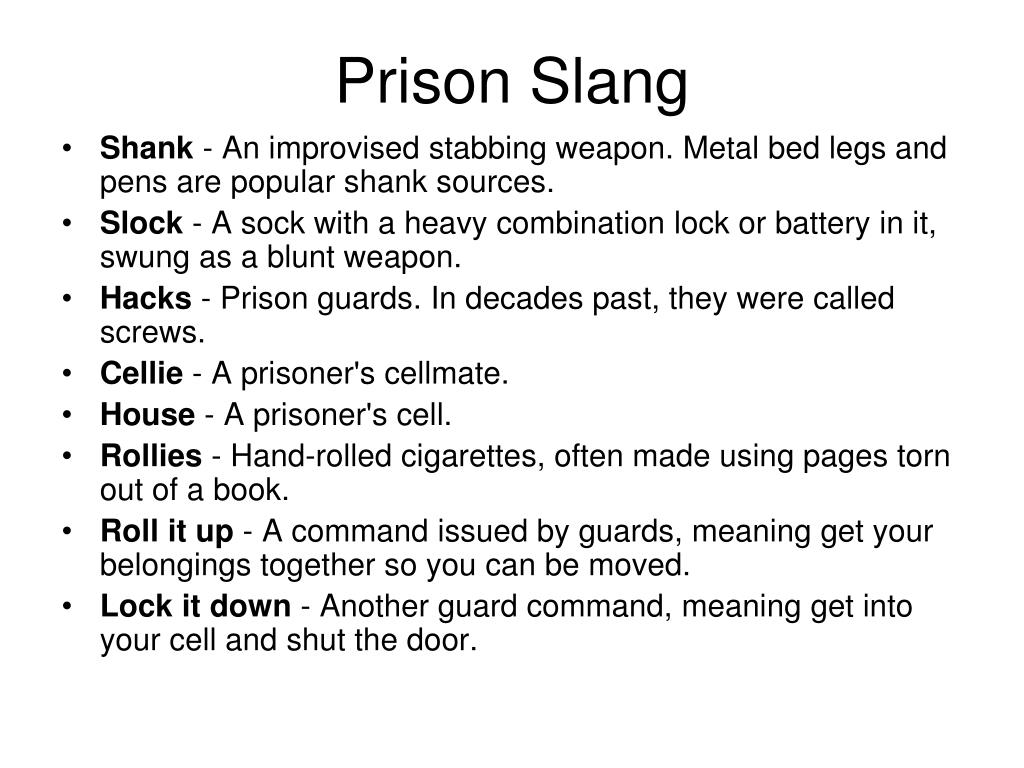Understanding Prison Jargon: A Glossary for Newcomers

A newspaper clipping from 1934.
Entering the prison system can feel overwhelming, not just for inmates but also for their loved ones. One of the biggest hurdles is understanding the language used behind bars. Prison jargon, or “prison slang,” is a mix of unique words and phrases that inmates and staff use daily. Learning these terms can help families stay connected and better understand what their loved one is experiencing.
Why Prison Jargon Matters
For inmates, understanding prison slang is essential for survival. Misunderstanding a phrase can lead to confusion, conflict, or even danger. For families, knowing the terminology can help make letters, phone calls, and visits more meaningful.
Common Prison Terms and Their Meanings
Fish – A new inmate who has never been incarcerated before.
Cellie – A cellmate.The Hole (SHU/Segregation) – Solitary confinement or segregation for disciplinary reasons.
Kite – A written note or message sent between inmates or to prison staff.
Snitch/Rat – Someone who informs on other inmates, often leading to dangerous consequences.
Commissary – A store inside the prison where inmates can purchase items like snacks, hygiene products, and writing supplies.
Lockdown – When inmates are confined to their cells, usually due to security concerns or disciplinary actions.
Shank – A homemade weapon, often used for protection or violence.
Jody – The person who moves in on an inmate’s significant other while they are incarcerated.
Jack Mack – Canned mackerel, often used as currency or traded for other goods.
Phrases to Know
“Catch a Case” – To get into trouble and potentially face new charges.
“Roll It Up” – An order for an inmate to pack their belongings, usually when being moved or punished.
“On Paper” – Refers to being on probation or parole after release.
“Ride or Die” – Someone who remains loyal to an inmate through incarceration.

Why Families Should Learn the Lingo
When your loved one talks about their experiences, they may use prison slang without realizing it. Knowing these terms can help you:Better interpret letters and phone calls.Offer advice and emotional support.Reduce miscommunication and confusion.
Final Thoughts
Prison jargon is more than just slang—it’s a survival tool within the prison system. As a family member or friend, taking the time to learn these terms shows support and strengthens your connection. By understanding the language of incarceration, you can bridge the gap between your world and theirs, offering comfort and understanding when it’s needed most.
Leave a Reply